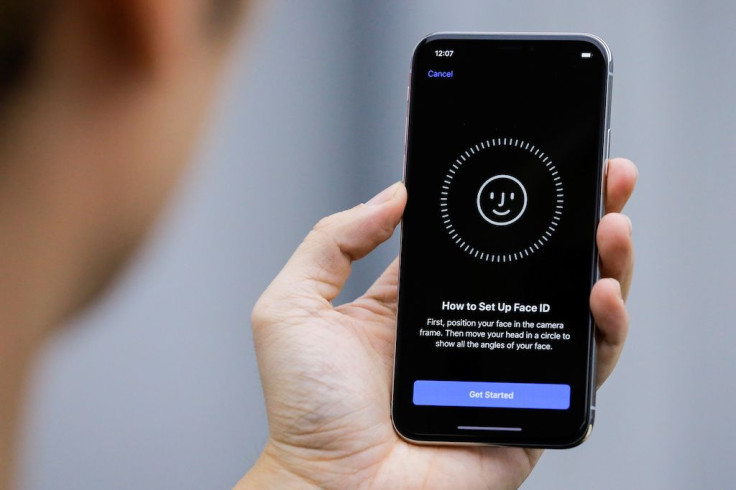Few Android Phones Will Try To Copy Apple's Face ID In Early 2018

With Apple deciding to use new Depth Sensing technology for the iPhone X’s Face ID, many believe that Android phone makers might start using it for their own devices. However, it looks like many Android flagships coming out during the first half of 2018 won’t have the same 3D-sensing feature.
Industry sources say that smartphone vendors, particularly in China, are actually more interested in selling the rest of their unsold inventories. This is also the reason why many of those Android phone manufacturers are postponing plans to develop new technologies like fast charging, wireless charging and Face ID-like features, according to Digitimes.
Another reason that’s hindering the adoption of 3D-sensing cameras on Android smartphones is the slow yield rates for producing components. As pointed out by Phone Arena, Apple had the same problem when it started mass producing the iPhone X. At one point, Apple had less than 10 percent manufacturing yield on the iPhone X due to the difficulty in making the device’s TrueDepth camera system. This is also the reason why the release of the iPhone X was delayed.
The TrueDepth camera system on the iPhone X is what makes Face ID possible. It’s composed of an infrared dot projector, an infrared camera, a flood illuminator, a front-facing camera, a proximity sensor and an ambient light sensor. If Android phone makers want to put the same type of 3D-sensing tech on their own devices, they would have to invest time and money to develop the same type of camera system.
Digitimes’ report also claims that Qualcomm was teaming up with Himax and Truly Optoelectronics to develop their own 3D-sensing components. Apparently, the technology was intended to be used by Chinese phone makers Xiaomi and Oppo. Unfortunately, their plan didn’t move forward because of “lukewarm responses from Android smartphone vendors.”
So what does this mean for Android phones? Well, it looks like Android phones that are expected to come out during the first half of 2018 will surely have some form of facial recognition technology. But consumers shouldn’t expect something as complex as Apple’s TrueDepth camera system on the iPhone X. Samsung just confirmed that the Galaxy S9 will officially be unveiled at MWC next month and it’s likely that the flagship phone will have facial recognition tech of its own, as pointed out by BGR.
As for other Android phone makers out there, they seem more interested in optimizing AI features for their new phones. The report claimed that these AI features may include voice interface, video recording and IoT applications. Both Qualcomm and MediaTek already added AI capabilities in their respective mobile chips, which Android phone makers will surely make use of for their new smartphone models. Consumers should expect these devices with added AI capabilities to start hitting shelves in the second half of 2018.
© Copyright IBTimes 2024. All rights reserved.











